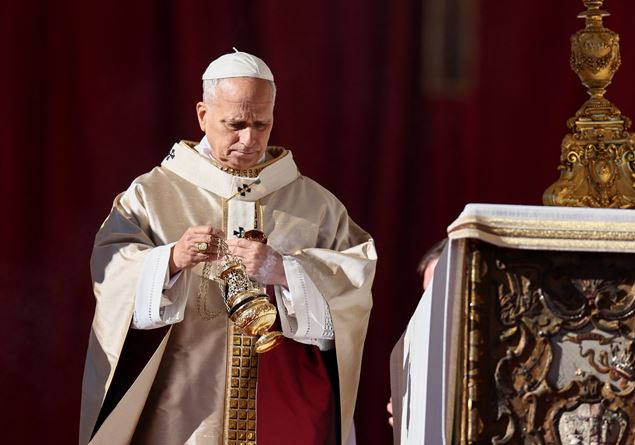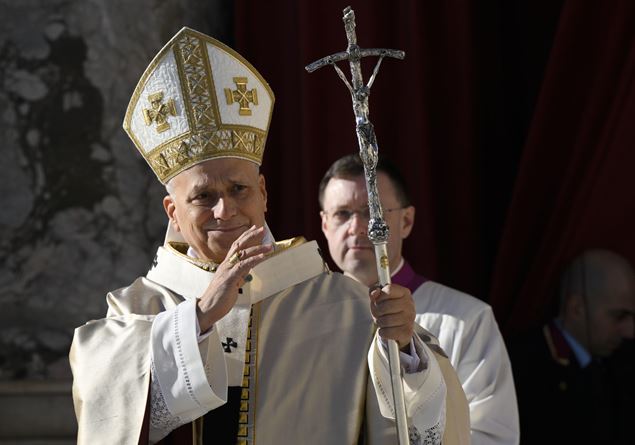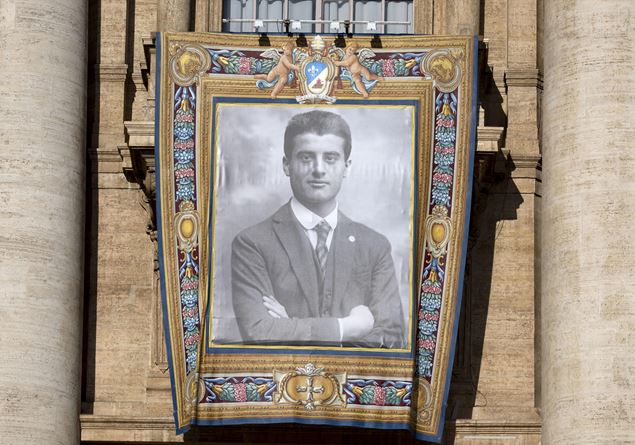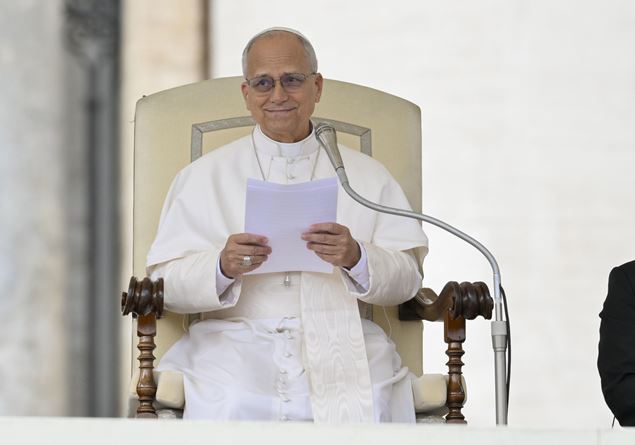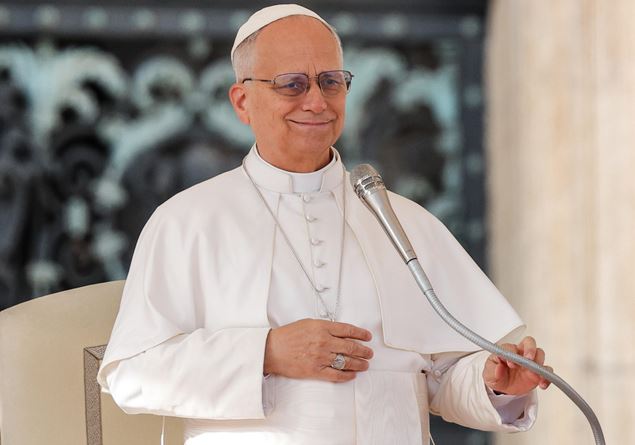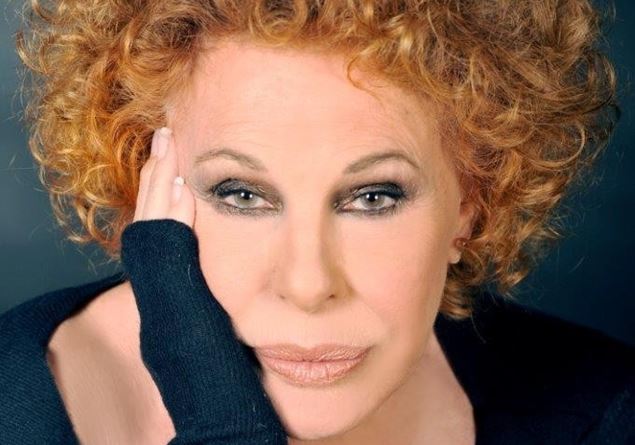Already sixty years old or Alone sixty years, those that have passed since that distant 28 October 1965, the date of promulgation of the conciliar declaration Our aetate? It is difficult, and not obvious, to answer… There is a story, probably invented but certainly plausible, that has been circulating since the end of Vatican II in the firmly Catholic and politically conservative region of Süd-Oldenburg, in the German diocese of Münster. The protagonist is a farmer, who, once the conciliar event was concluded, burst out clearly exclaiming, in front of a good group of faithful fellow citizens: “Let those of Rome decide what they want: I remain Catholic!”.
The joke, in any case, is exemplary of the most burdensome challenge that the Catholic Church found itself facing at the council and in the years immediately following: convincing its believers that it is permissible, and sometimes even necessary, for it to abandon something of its past choices to be more in line with the evangelical mandate (paradoxically, if we want, given that the teshuvah/methanoiathat is, the invitation to change, is the constant appeal of the First and New Testaments respectively). In particular, that meeting, among other things, had decided not to change something secondary, but rather the basic paradigm of its relations with other religions scattered throughout the world: precisely, with the Our aetate. Yesterday, Wednesday 29 October, Pope Leo chose to address the anniversary of this document head-on, highlighting its extreme importance, especially in a context like the current one, in which we daily deal with the joys (but also the hardships) of living in increasingly plural and multi-religious countries. He did so, appropriately, starting from a famous passage from the Gospel of John: “In this General Audience dedicated to interreligious dialogue, I wish to put the words of the Lord Jesus to the Samaritan woman: «God is spirit, and those who worship him must worship in spirit and truth.” (John 4.24). In the Gospel, this meeting reveals the essence of authentic religious dialogue: an exchange that is established when people open up to each other with sincerity, attentive listening and mutual enrichment. It is a dialogue born of thirst: God’s thirst for the human heart and the human thirst for God. At the well of Sychar, Jesus overcomes the barriers of culture, gender and religion. It invites the Samaritan woman to a new understanding of worship, which is not limited to a particular place – «neither on this mountain nor in Jerusalem» – but it happens in Spirit and truth. This moment captures the very core of interreligious dialogue: the discovery of the presence of God beyond every boundary and the invitation to seek him together with reverence and humility”. Pope Prevost underlined that the first orientation of Our aetate it was towards the Jewish world, so much so that the original title had to be De Judaeis: for the first time in the history of the Church, a doctrinal treatise on the Jewish roots of Christianity was to take shape, which on a biblical and theological level represented a point of no return. Here is in fact the beginning of paragraph 4 of Our aetatethe one dedicated to relations with the Jewish world: «The people of the New Testament are spiritually linked to the lineage of Abraham.
In fact, the Church of Christ recognizes that the beginnings of its faith and its election are already found, according to the divine mystery of salvation, in the patriarchs, in Moses and in the prophets”. And further on: the Church, “mindful of the heritage that it has in common with the Jews, and driven not by political motives, but by evangelical religious charity, deplores the hatred, persecution and all manifestations of anti-Semitism directed against the Jews at any time and by anyone”. Since then, all the pontiffs have condemned anti-Semitism with clear words: a condemnation that Leone can only relaunch, adding that today we can look with gratitude at everything that has been achieved in the Jewish-Catholic dialogue in these six decades. Of course, there has been no shortage of misunderstandings, difficulties and conflicts, in particular starting from the drama that began on 7 October 2023, which however have never prevented the continuation of the dialogue itself: “Even today we must not allow political circumstances and the injustices of some to distract us from friendship, especially because we have achieved a lot so far.” Until closing with a crucial question: “sixty years after Our aetatewhat can we do together? The answer is simple: let’s act together”. Because, the Pope is right, more than ever our world needs our unity, our friendship and our collaboration; especially since the two traditions both teach truth, compassion, reconciliation, justice and peace. I would like to add: the future of the process of encounter between Jews and Christians, in the end, for those who propose to walk in the faith of their Fathers, lies more in the hands of God than in those of the churches or Jewish religious leaders. What is what is certain, in any case, is that starting from the declaration Our aetateas Christians, we are called to admit that in text and in life, in experience and in history, Judaism has become for us the paradigm not only of interreligious dialogue, but of every difference, and the sacrament of all otherness.
